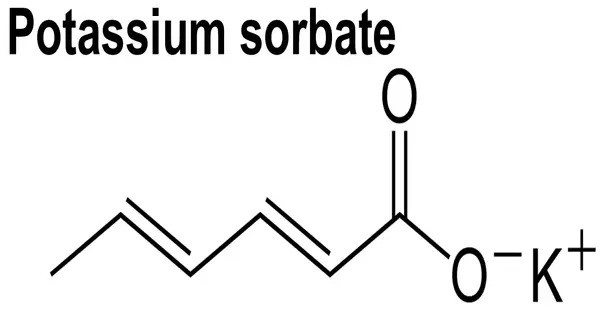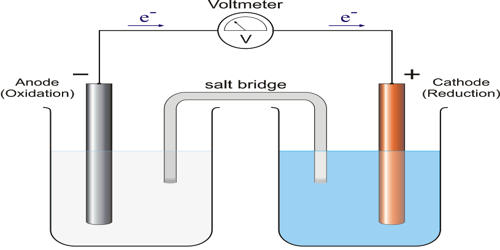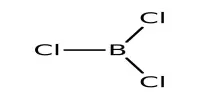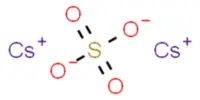Potassium sorbate is the potassium salt of sorbic acid, chemical formula CH3CH=CH−CH=CH−CO2K. It is a chemical compound widely used as a preservative in food, cosmetics, and pharmaceuticals. It is a white salt that is very soluble in water (58.2% at 20 °C). It is primarily used as a food preservative (E number 202). It is the potassium salt of sorbic acid and is commonly used to inhibit the growth of mold, yeast, and some bacteria, thus extending the shelf life of products.
Potassium sorbate is effective in a variety of applications including food, wine, and personal-care products. While sorbic acid occurs naturally in rowan and hippophae berries, virtually all of the world’s supply of sorbic acid, from which potassium sorbate is derived, is manufactured synthetically.
How It Works
Potassium sorbate inhibits the growth of molds and yeasts by interfering with their cellular metabolism, specifically by preventing the conversion of glucose into energy. It doesn’t kill the microorganisms but rather stops their ability to reproduce.
Properties
- Chemical formula: C6H7KO2
- Molar mass: 150.218 g·mol−1
- Appearance: White crystals
- Odor: Yes
- Density: 1.363 g/cm3
- Melting point: 270 °C (518 °F; 543 K) decomposes
- Solubility in water: 58.5 g/100 mL (100 °C)
Production
Potassium sorbate is produced industrially by neutralizing sorbic acid with potassium hydroxide. The precursor sorbic acid is produced in a two-step process via the condensation of crotonaldehyde and ketene.
Uses
Potassium sorbate is used to inhibit molds and yeasts in many foods, such as cheese, wine, yogurt, dried meats, apple cider, dehydrated fruits, soft drinks and fruit drinks, and baked goods. It can also be found in the ingredients list of many dried fruit products.
- Food Preservation: It is commonly found in processed foods, such as cheese, yogurt, baked goods, and beverages (especially wines and fruit juices). It helps prevent spoilage from molds and yeasts without significantly affecting the taste or appearance of the product.
- Cosmetics and Personal Care: Potassium sorbate is used in cosmetic products like lotions, shampoos, deodorants, and creams to prevent microbial contamination and extend their shelf life.
- Pharmaceuticals: It’s also used in pharmaceutical products, especially in liquid formulations, to ensure microbial safety.
- Wine and Juice Production: It’s often used in the winemaking industry to prevent unwanted fermentation and spoilage, ensuring better consistency in the final product.
Safety and Toxicity
Potassium sorbate is generally regarded as safe (GRAS) by the U.S. Food and Drug Administration (FDA) when used in amounts up to 0.1% in food products. However, some individuals may have allergic reactions or sensitivities, though such instances are rare. In cosmetics, the concentration is typically much lower, making it safe for topical use in most people.
















